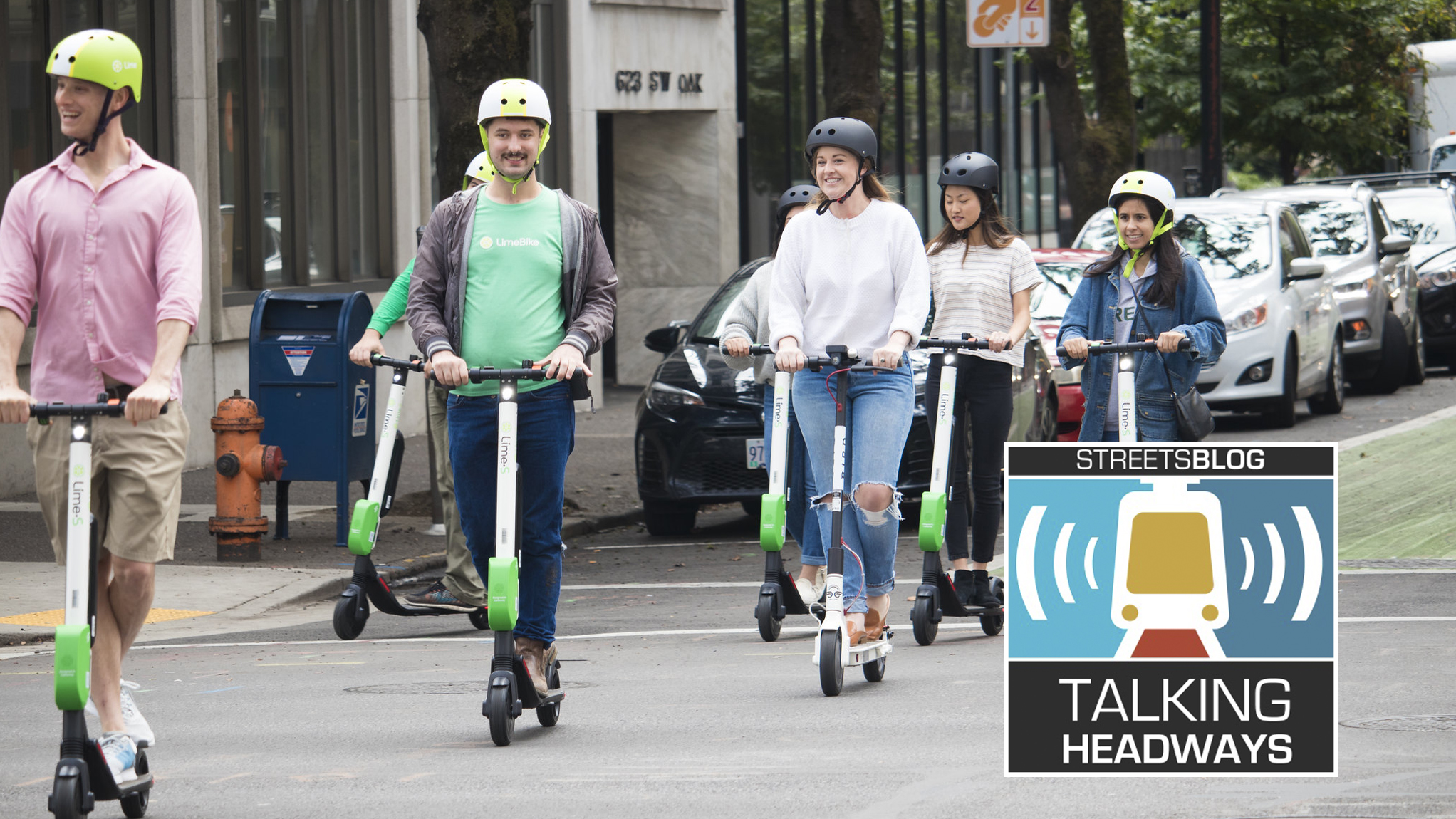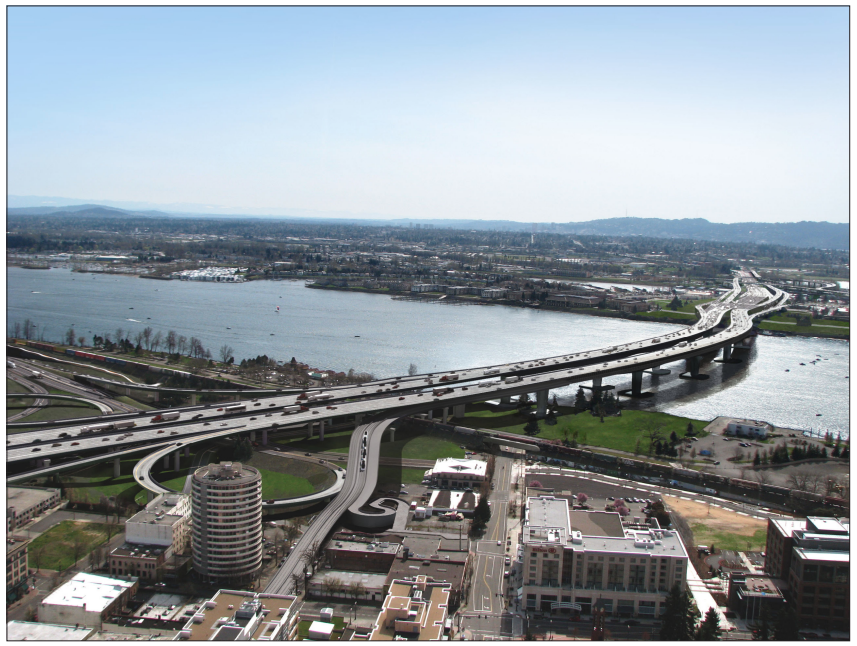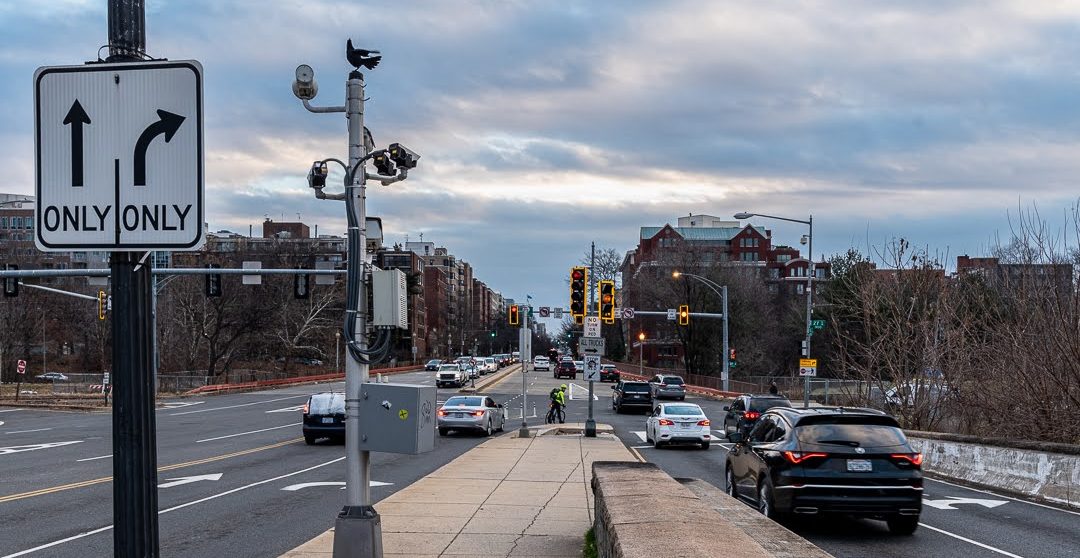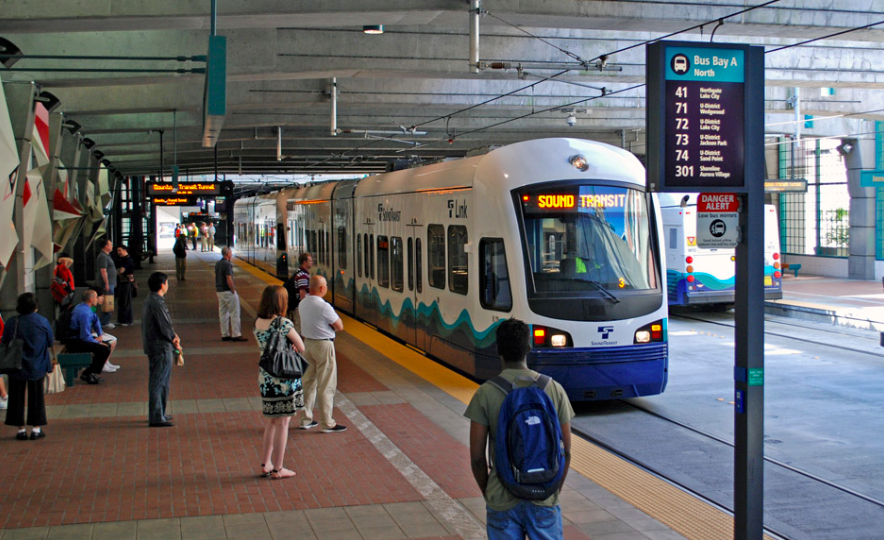The fact that transit agencies require public subsidies is often held up by conservatives as a sign of their inferiority to other modes of transportation.
But what if we could eliminate the need for a transit subsidy altogether? David Levinson, a.k.a the Transportationist, recently proposed doing just that. His suggestion, in a nutshell, is simply to cut the lesser-used routes, the ones where revenues fall short of expenses, and focus service where demand is greatest.
This is all very businesslike and rational. But Jarrett Walker at Human Transit wonders whether profitability should really be a central objective for transit agencies:
Currently, transit agencies are not trying to break even, so they are not failing if they're not [profitable]. If we propose a free-market view in which transit should be breaking even, well, I'd like to see this as well in a perfect world. But that would be a world in which government isn't heavily subsidizing transit's competitor, the private car -- not just through road expenditures but through such interventions as minimum parking requirements and petroleum-based foreign policy. I would further suggest that current environmental crises argue for government to be biased away from the private car and toward modes that do less environmental harm, and that subsidies toward transit (i.e. accepting that transit "loses money") are one valid way of doing that.
But Levinson is right that a choice must be made. There really are two competing goals for transit: Ridership (which leads to high mode share, sustainability outcomes, and "profitability") and Coverage (which provides social inclusion and equity benefits in low-density areas that a Ridership-based system wouldn't serve.) These two goals lead network design in opposite directions. So transit agencies should have guidance -- from those who fund them -- on how much to spend on one goal or the other.
In working with transit agencies, I try to educate about these "Coverage" routes. I define these as "predictably low-ridership services motivated by goals other than ridership -- goals generally including social service objectives, expectations of 'equity' between different subareas of the region, and a generalized desire to cover the whole service area with some kind of service." In my work, I encourage public transit authorities to make a conscious choice about how much of this service they want to operate, understanding that every dollar they spend on Coverage service is a dollar they can't spend on Ridership goals or related outcomes of mode share and fare revenue.
Elsewhere on the Network today: Pedestrian Observations explains why passenger miles are a terrible basis for comparing the outcomes of different transportation modes. Walkable Dallas-Fort Worth tries to convince Texans that they should remove a highway. And Greater City Providence appeals to local residents to take a more critical view of downtown parking policies.






